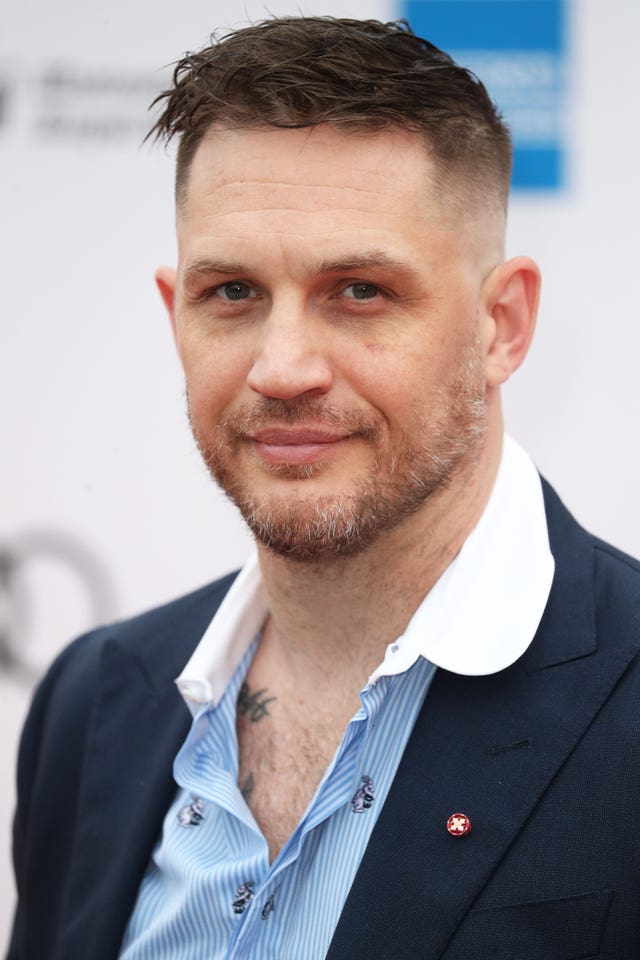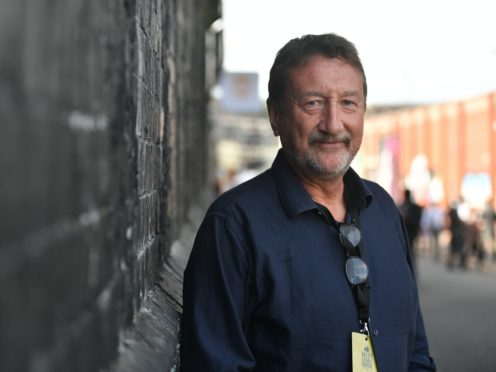Peaky Blinders creator Steven Knight has signed up to bring Great Expectations to the small screen – despite controversy over his last Charles Dickens adaptation.
The writer’s previous Dickens drama, A Christmas Carol, sparked complaints over violent scenes and use of the F-word.
Coming-of-age story Great Expectations, featuring orphan Pip, will form a six-part series on BBC One.
Knight, who will again be collaborating with Sir Ridley Scott and Tom Hardy as producers, said he felt a personal connection to the story.

He picked Great Expectations “not just because of the timeless characters, but also because of the very timely story”.
“A story of class mobility and class intransigence, told through an intensely emotional and personal first person narrative,” he said.
“As the son of a blacksmith myself, Pip’s journey from the forge into society is a very special one to me.”
Dickens first released Great Expectations in weekly chapters from December 1860 before the story was published as a novel.
The BBC drama is at its very early stages and is not expected to go into production until next year at the earliest.
Knight, who was one of the creators of game show Who Wants To Be A Millionaire?, previously defended A Christmas Carol, which aired over the festive season.
This isn't the tale you thought you knew… #AChristmasCarol, from the creator of Peaky Blinders, starts tonight at 9pm on @BBCOne & @BBCiPlayer. pic.twitter.com/FJChho1yDo
— BBC One (@BBCOne) December 22, 2019
The drama, which was also accused of being too left-wing, opened with a young boy urinating on the grave of Jacob Marley, calling him a “skinflint old bastard”.
Knight told the PA news agency that viewers should be more worried about “hygienic violence” in video games than his 19th century-set drama, which starred Guy Pearce as Scrooge.
“Everything that’s in there has its roots in the book,” he said.
“In terms of the language, with Dickens’ writing, the sensibility of the time meant that you couldn’t use that language and dialogue.
“But that didn’t mean that people didn’t use that language because everybody knows that they did – those words are as old as the English language,” he added.
Director of BBC Content Charlotte Moore said: “Great Expectations is the second in Steven Knight’s series of Dickens adaptations and the perfect choice given its timely and personal narrative.
“His original take on one of Britain’s most loved classics will make it must see drama for a whole new generation.”
A cast is yet to be attached.
